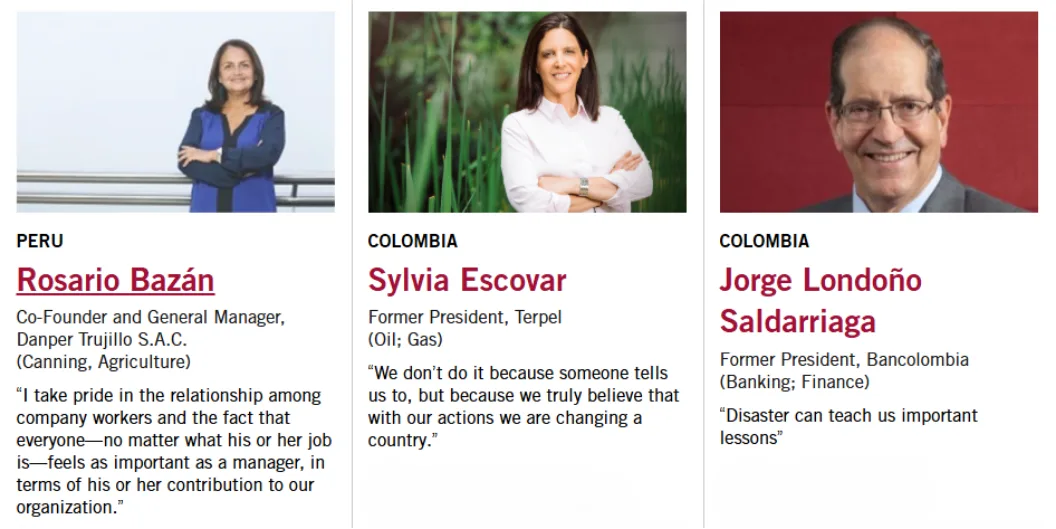Quick Research Resources
Use Capital IQ to explore key professionals, financial operating metrics, M&A/private placement, and more in the Latin America and Caribbean market.
Learn more about high-level economic data from the Economist Intelligence Unit's Latin America Overview Page. Dive even deeper with their Latin America: One-Click Report.
Use EMIS to gather country-specific industry reports, news, and statistics, such as the materials available for Brazil.
Take advantage of Crunchbase's (in-library only) "Diversity Spotlight" feature, where you can filter for companies founded or led by Hispanic/Latine individuals.
Explore Mintel's various reports:
Hispanic Consumers: Culture & Community – US – 2025
Marketing to Hispanic Gen Zs & Millennials – US – 2025
Marketing to Hispanic Moms - US - 2024
Contemporary Collections
Contemporary Collections aim to support the research and curriculum of the Harvard Business School today and into the future. Collection activities focus on the career and professional development needs of our MBA students and alumni, as well as on access to business content to the Harvard University community at large.
Institutional Perspectives on Latin America (1970s)
Baker's Oversized Collection consists of many governmental and institutional reports. These reports can serve as tools for researchers looking to understand a given geography during a given time period, as exemplified by the selected materials below.
All three publications examine key aspects of Latin America's development in the early 1970s from distinct national and analytical perspectives. Gobierno revolucionario del Perú (1975) explores the societal support behind Peru’s revolutionary government, emphasizing rural and institutional shifts. Agriculture and Trade of El Salvador (1971) analyzes export-driven agriculture and trade flows, highlighting the region’s reliance on rural production and foreign markets. Wage Differences Between United States and Guatemalan Industrial Firms in Guatemala (1971) uses 1964 census data to compare wages in U.S.-owned and Guatemalan firms, concluding that foreign enterprises tend to pay higher wages. Together, these studies reflect how labor, agriculture, and governance intersected in shaping Latin American development amid growing global economic integration.
Comércio & Mercados
As an extension of Baker's non-circulating serials collection, Comércio & Mercados resides in the Stamps Reading Room balcony—materials that are available for viewing upon request. The journal was published by the Confederação Nacional do Comércio (CNC) [National Confederation of Commerce], in partnership with Serviço Social do Comércio (SESC) [Social Service of Commerce] and Serviço Nacional de Aprendizagem Comercial (SENAC) [National Service for Commercial Training].
Many issues of the journal highlight cultural and social development initiatives led by the partnering agencies. One such feature, titled "SENAC Promotes the Exhibition of Artisans from Valença," appears in the February 1983 issue and showcases efforts to preserve local artisanal traditions.
The exhibition responded to the cultural disintegration brought on by industrialization, the erosion of rural life, and the decline of handcrafts under pressure from mass consumer markets. Valença was selected for its historical and cultural significance, having once been a prominent center of agricultural production in the region. During the event, artisans shared personal testimonies that illustrated how their crafts serve not only as cultural expressions but also as vital means of economic survival and resistance.
You can download a PDF of the featured article here.
Special Collections and Archives
Special Collections and Archives collects and makes available the records of business dating from the 14th century to the present and the records of the Harvard Business School since its founding in 1908.
Select Items on Latin American Industry
These four works reflect the diverse historical and institutional forces shaping Latin America's economic and administrative landscapes. They include early explorations of the railroad industry in Chile, official responses to public accountability in the tobacco trade in Venezuela, financial reporting tied to the banking sector in Nicaragua, and commercial navigation and logistics in the maritime and shipping industry of the Río de la Plata region. Together, they offer insight into how state functions, commerce, and infrastructure evolved over time, revealing broader patterns of modernization, regulation, and economic integration across the region.
Kress Collection of Business and Economics
The Kress Collection is recognized as one of the largest collections of books, serials, pamphlets, broadsides, manuscripts, and prints in the world about business and economics. Researchers will find the classics of economic thought and works that reflect economic life from 1472 to 1850.
This Spanish stock certificate, Accion de la Real Compa. de Comercio establecida en Barcelona, is among the oldest in existence. It was issued in 1758 by the Real Compañía de Comercio de Barcelona, the best known of the Spanish royal trading companies, which had a monopoly on trade with Santo Domingo, Puerto Rico, and Margarita Island, off the Venezuelan coast.
To learn more about this item, please refer to this Harvard Business Review article: The Art of Commerce. Harvard Business Review. 2014; 92(3): 32-33.
Creating Emerging Markets—Oral History Interviews with Business Leaders
The Creating Emerging Markets project provides a unique research and teaching resource on business leadership in Africa, Asia, Latin America and the Middle East over recent decades. At its core are over 180 interviews by Harvard faculty with high impact leaders in business and social enterprise. The collection includes interviews with sixty-nine business leaders from Argentina, Brazil, Chile, Costa Rica, Colombia, Mexico, Peru, and Uruguay—three of which are featured below. These interviews, many lasting several hours, explore pivotal moments of corporate transition, strategic shifts, and responses to economic and political crises in North, Central, and Latin America. The individuals interviewed show how businesses navigate turbulence and can create value for their societies. Each interview page includes the transcript, associated video clips and supporting resources about the interviewee and their business.
Rosario Bazán
Bazán unpacks her trajectory from studying industrial engineering in Peru during the 1980s, through the challenges of launching her first agroindustrial venture during a time of hyperinflation and political violence, to building Danper into a leading agro-export company. Central to her story is the belief that competitiveness and sustainability must go hand in hand with social responsibility, emphasizing respect for workers, community development, and high standards of quality.
Sylvia Escovar
Escovar reflects on her career path from public service to private enterprise, and how her leadership at Terpel emphasized a radical cultural shift: making people—not infrastructure—the center of strategy, which helped fuel the company’s growth and regional expansion. She also highlights her advocacy for gender equity, her commitment to education and peacebuilding in Colombia, and her vision of transforming Terpel from a fuel seller into a broader mobility company aligned with sustainability and social responsibility.
Jorge Londoño Saldarriaga
Londoño Saldarriaga recounts his journey from student activism and early ventures in real estate and the stock exchange to leading Bancolombia through deregulation, international expansion, crises, and major mergers. Framing these reflections are lessons on resilience during Colombia’s 1999 financial crisis, the importance of truth and communication in leadership, and Londoño Saldarriaga's conviction that banking must serve as a driver of economic development and financial inclusion.
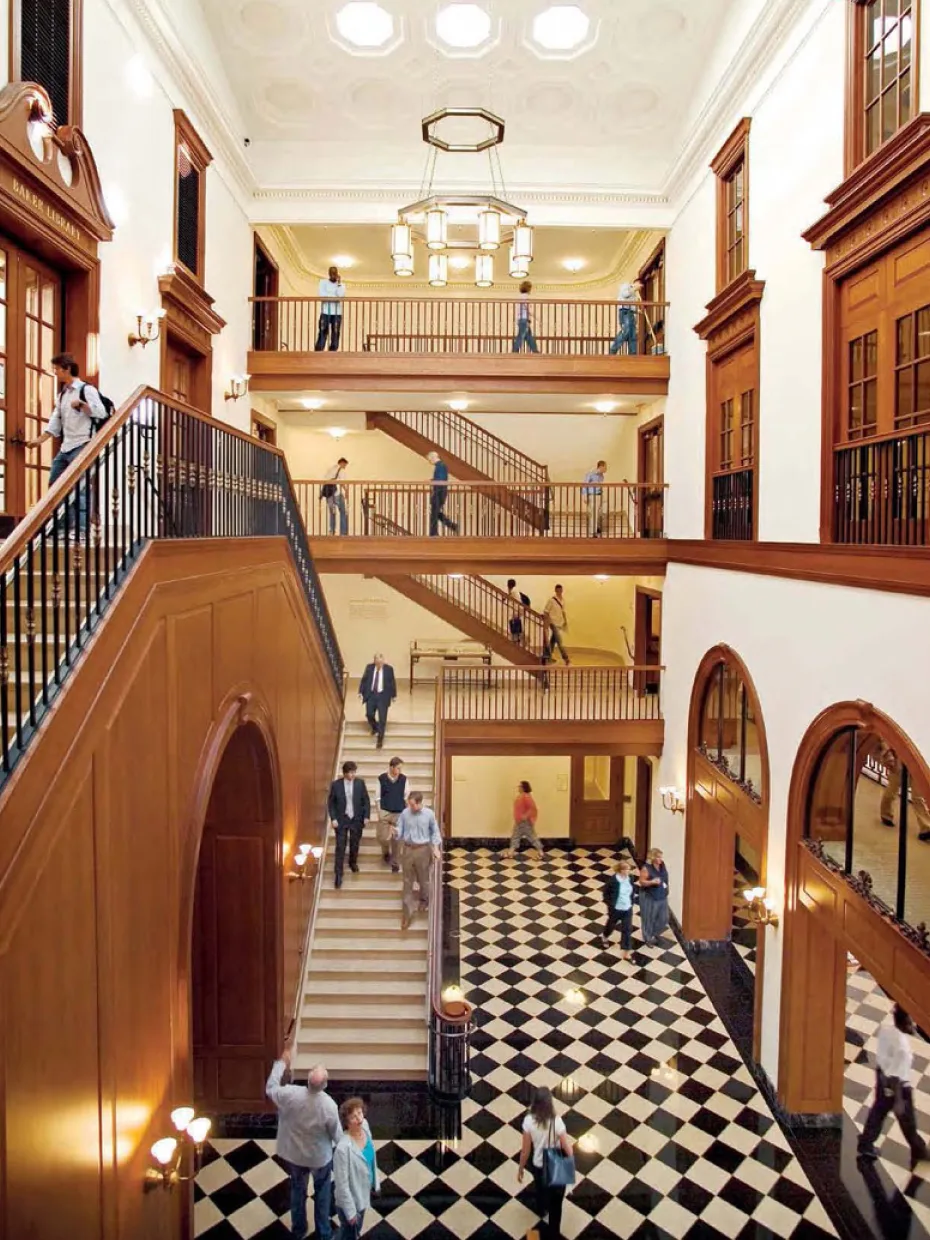
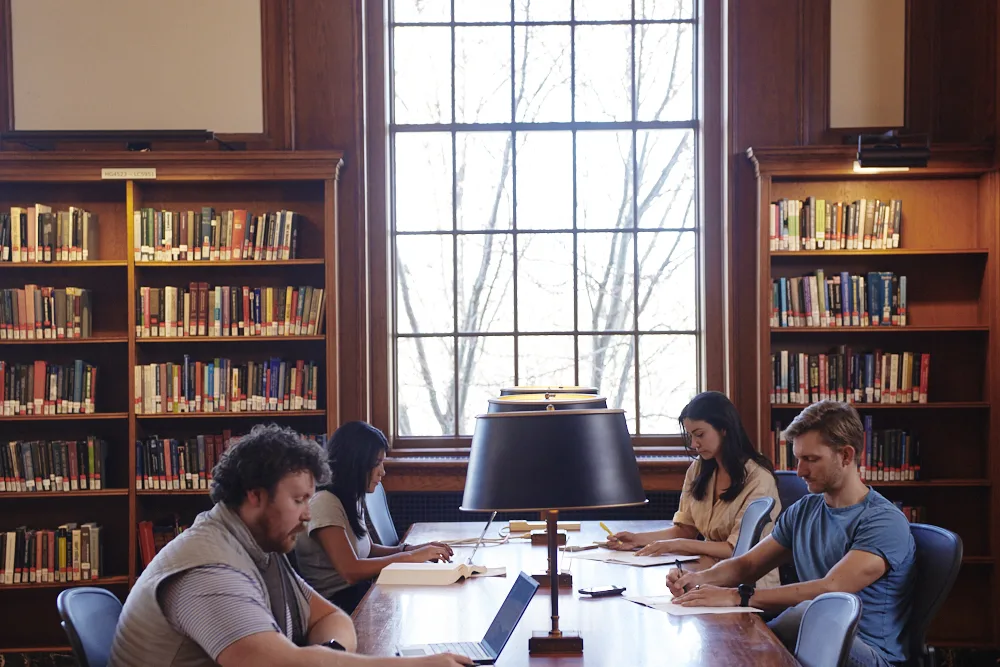
.png)
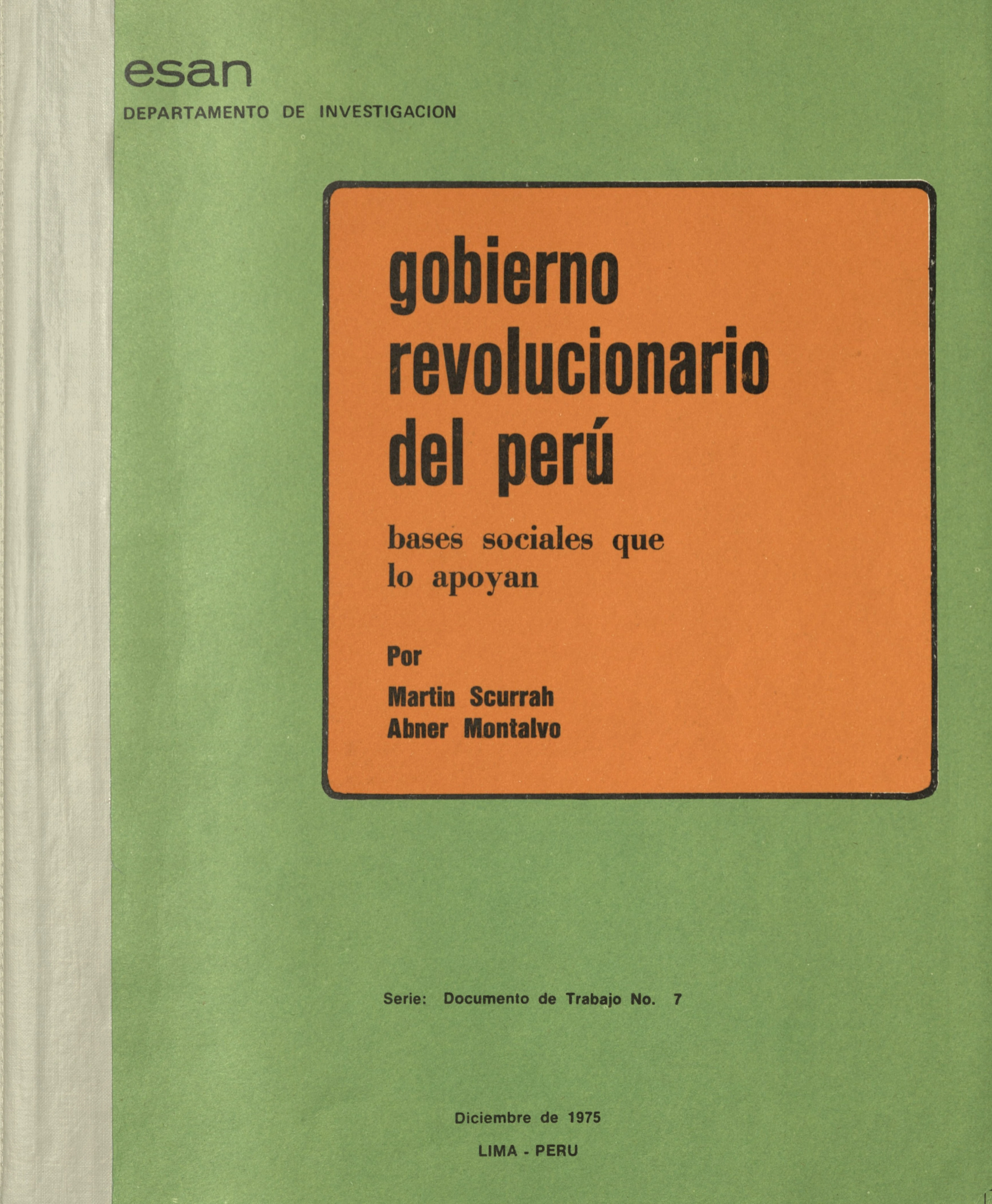
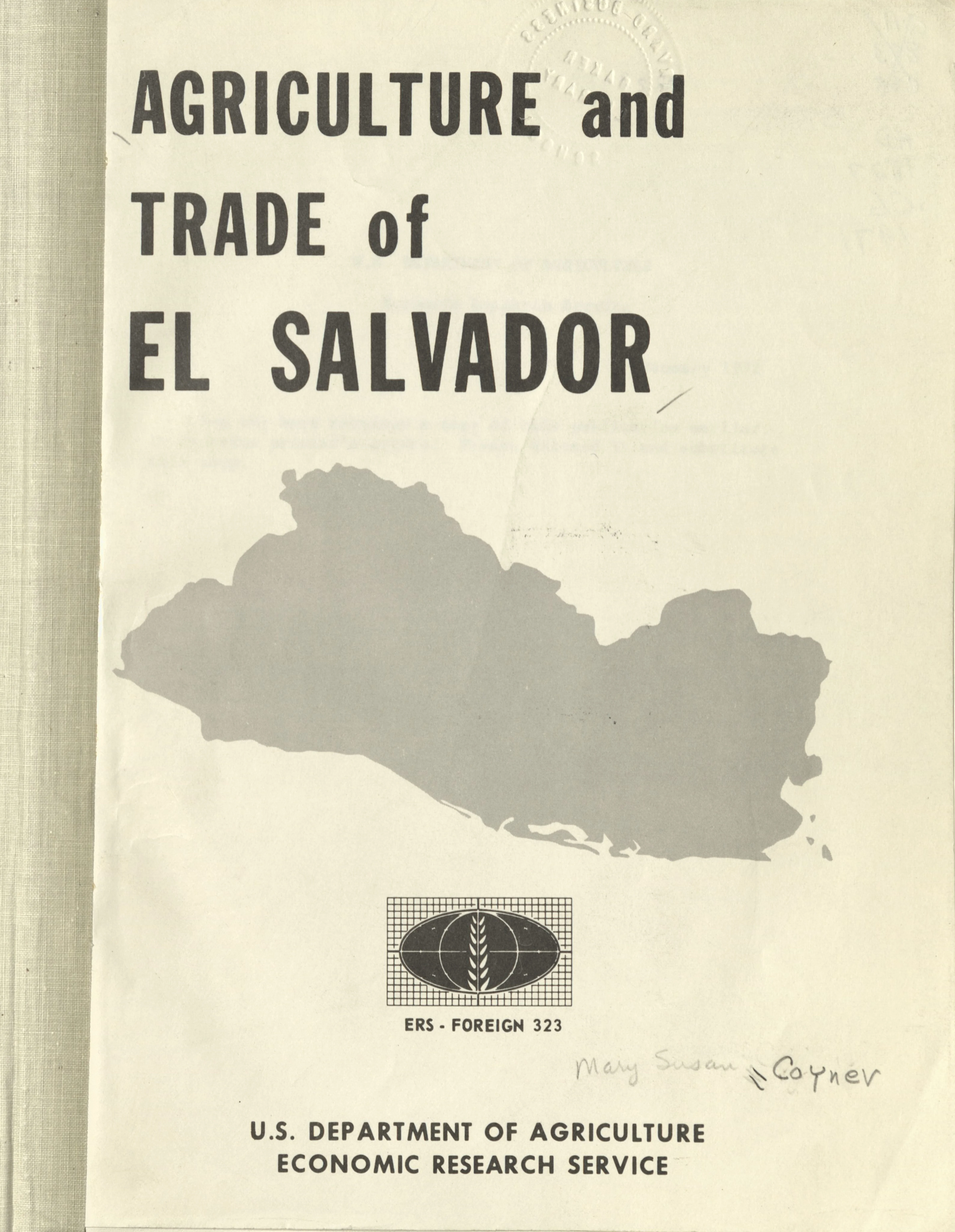
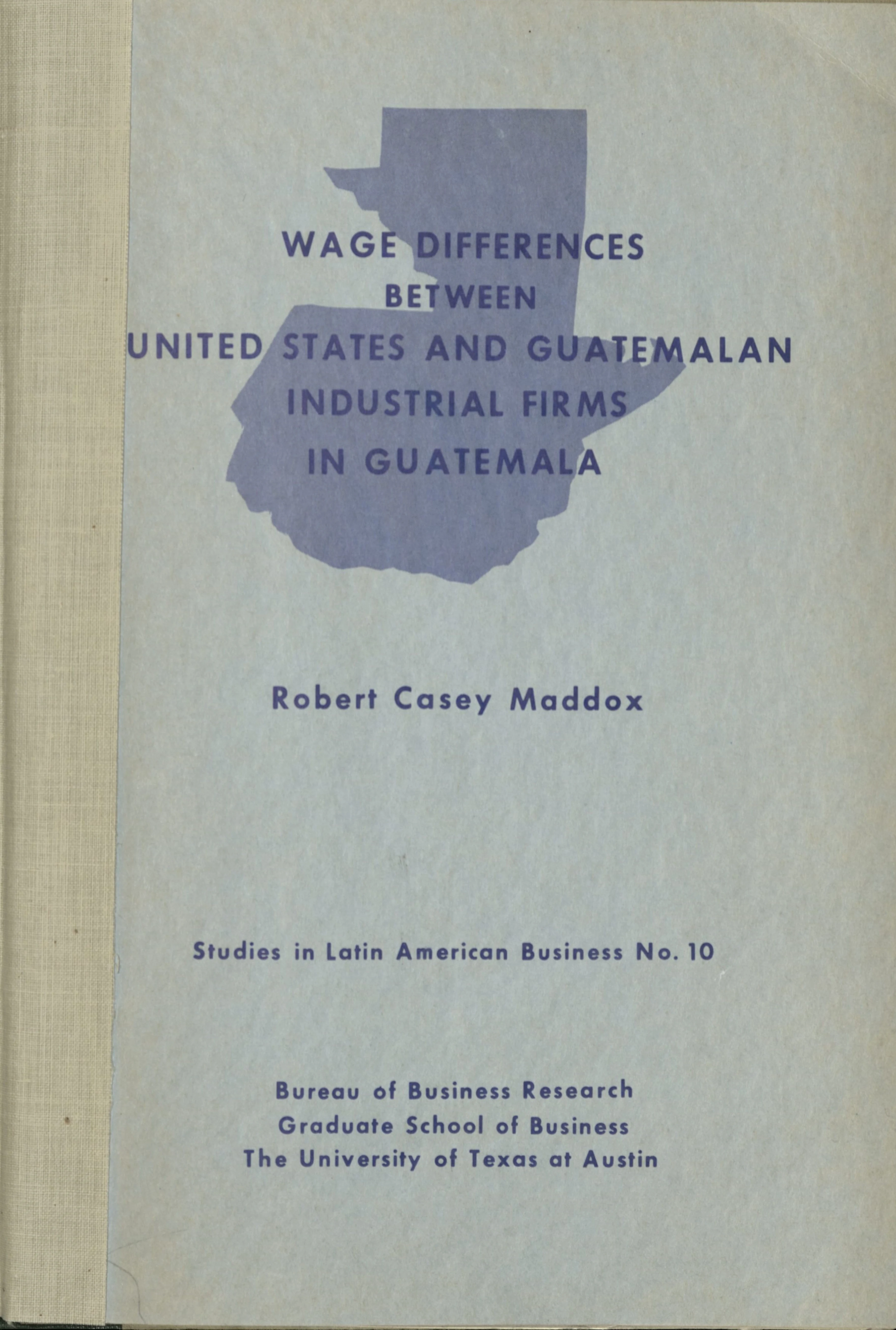
.png)
